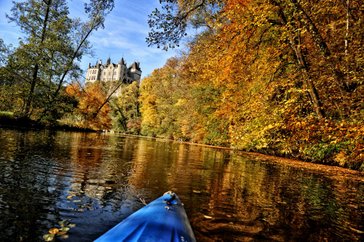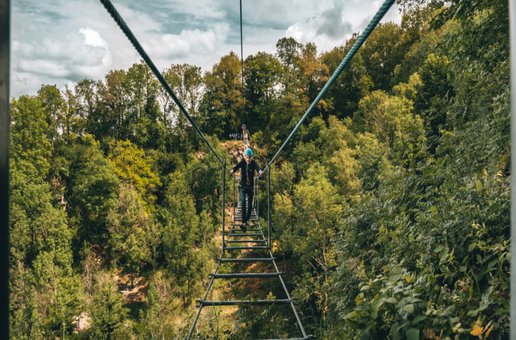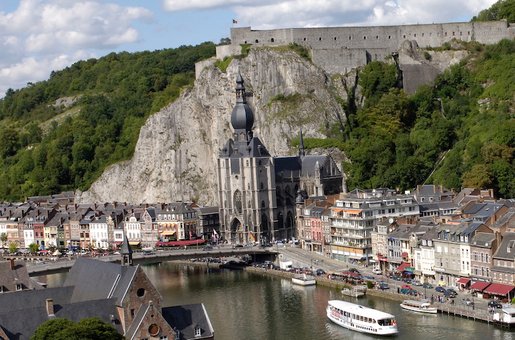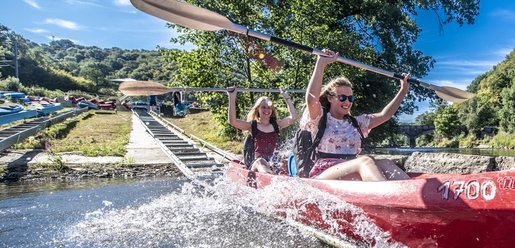"A man must travel. By his own, not through stories, pictures, books or TV. He’s got to travel by himself, with his eyes and feet, to understand what is his. To one day plant his own trees and value them. Knowing the cold to enjoy the heat. And the opposite. Feel the distance and absence of shelter to be well under his own roof.
A man must travel to places that he does not know to break this arrogance that makes us see the world as we imagine it, and not simply as it is or can be. That makes us teachers and doctors of what we have not seen, when we should be students, and simply go see."
— Amyr Klink, Brazilian sailor, born September 25, 1955

The field school is directed at any individual (17+) who would like to learn about anthropological research and fieldwork with a highly focus on travel and tourism. So basically everybody is welcome. Previous knowledge or experience is not required. Our individually tailored trajectories can start at any level, providing guidance for projects ranging from first studies to advanced PhD research.
We’ll make our own time/space tables about human nature.
We’ll find relations between the form, the function and the meaning of cultural heritage sites we’ll visit.
We’ll discuss various rituals and real and symbolic boundaries.
There’s the option to be introduced to the French language or to improve your knowledge of French.
We’ll deal how to write scientifically about (your findings in) fieldwork. Maybe your first article will be born and we’ll help you to publish your piece.
All work and no fun?
Absolutely not. For starters, fieldwork in anthropology is fun. To ‘detect people & culture’ with your peers … les petites cellules grises d’Hercule Poirot.
There is the option to travel to Italy and put what you’ve learned in practise.
And what about some pilates after you wake up? What about a summer night walk in the forests looking for deer? What about creating our own Batss song and dance? What about our BBQ evenings in the moonlight near the river? What about strolling in the streets of Montmartre in Paris and practicing French words you've learned in the French classes the past days?
What about … no, we won’t tell you all of it. Expect the unexpected. Be challenged. We garantuee you a wonderful journey you’ll never forget.


Participant Observation (PO) as a coherent methodological framework.
You conduct scientific research in the area of Applied Anthropology. Applied Anthropology covers the use of anthropological methods and ideas in a variety of practical contexts.
We focus on the methodology of participant observation, accepted universally as the central and defining method of research in social and cultural anthropology and more and more used in various sciences.
PO is the hallmark of fieldwork.
In a nutshell, you take part in the daily activities, interactions and events of the people being studied to learn the explicit and tacit aspects of their culture. Explicit aspects of culture refer to a level of knowledge people can communicate about with relative ease. Tacit aspects largely remain outside the awareness or consciousness. They feel and come as natural.
PO is much more than regarding attentively or watching. It’s all about trying to explain, or better trying to understand.
The Summer School offers scouting expeditions in the skill of PO by putting ourselves in different situations and discussing our findings in formal and informal debates.
Autoethnography is one of the means we’ll apply to find your own way in PO.

Day by day, step by step the program will guide you to gain insights in social identities and cultural patterns.
We’ll teach you through practise how to deal with that magical concept ‘culture’.
The case studies relate to three major fields:
- the Anthropology of the Body (dance, food, music, sport),
- the Anthropology of Travel (hospitality management, ecology, ethics in tourism,
migration),
- the Anthropology of Identity (to be/to become, personality-social contexts-cultural drives, tradition vs. change, ethnicity).
Still, there is a lot of room to choose your own topic. Our team is from different angles highly qualified in fieldwork, so don’t worry if you don’t have any experience in fieldwork. And we welcome Master or PhD students too. Coaching each other is one of our fundamental principles as is process-oriented learning and … indeed, you read it well, an open mind.